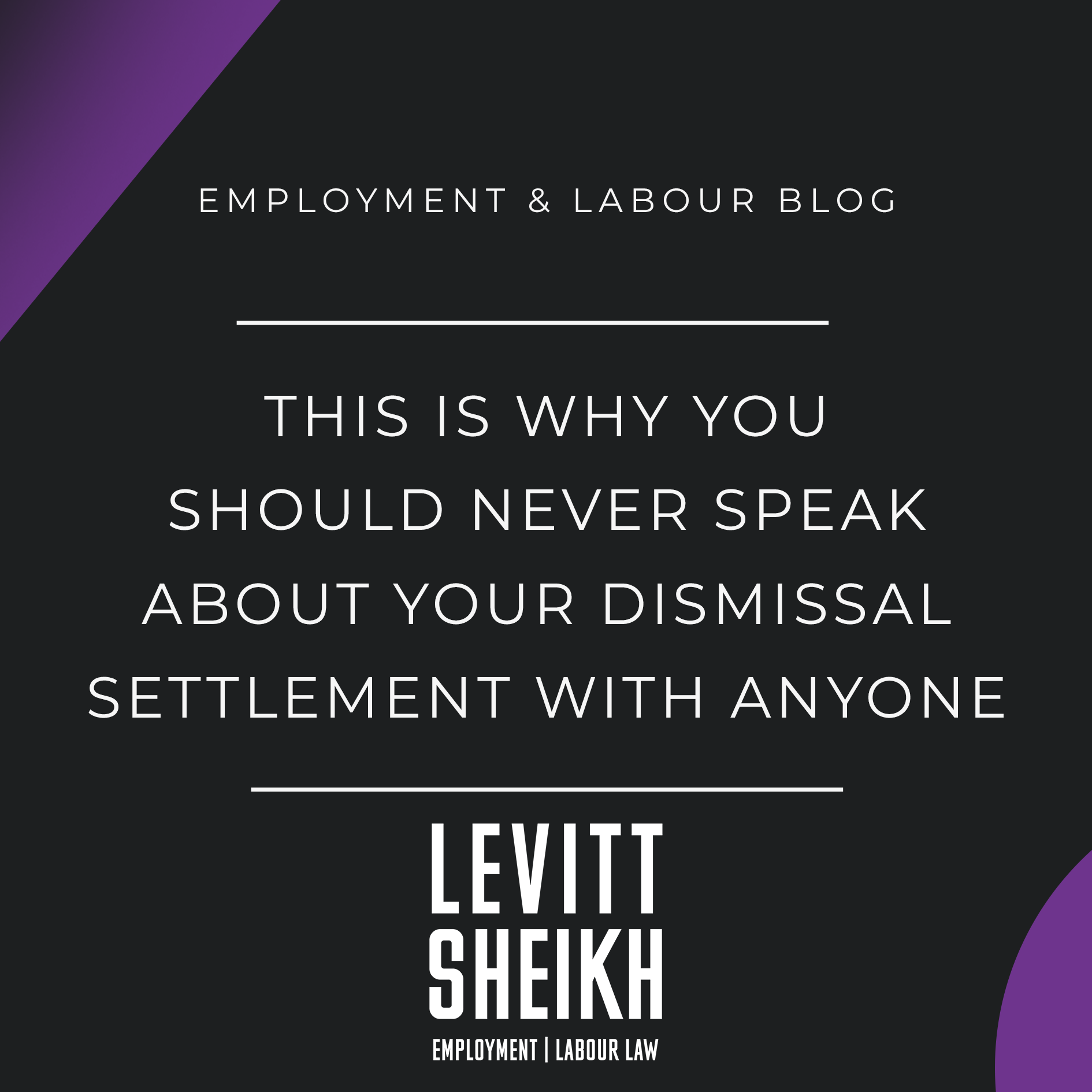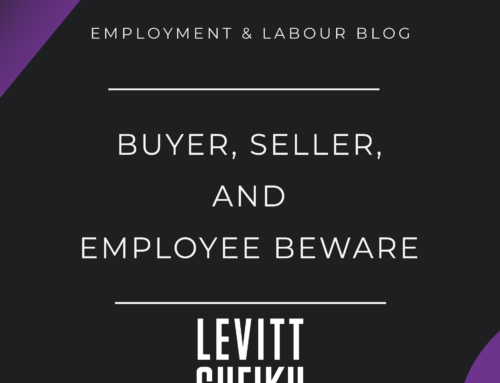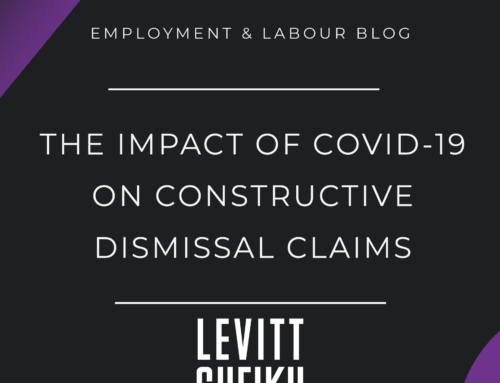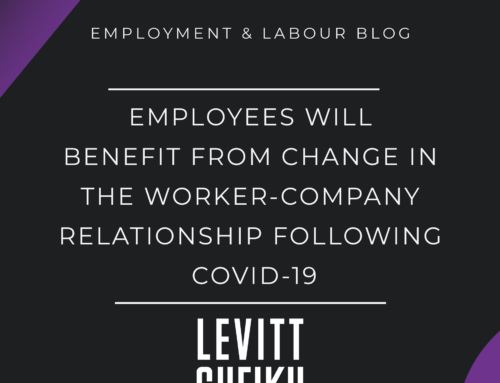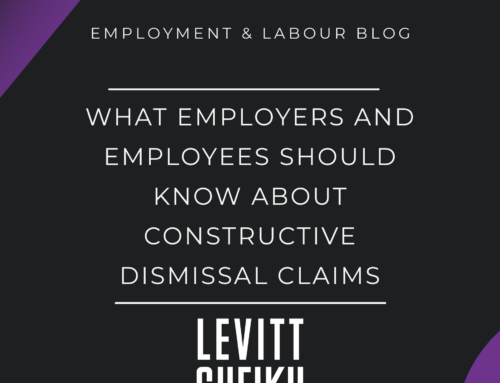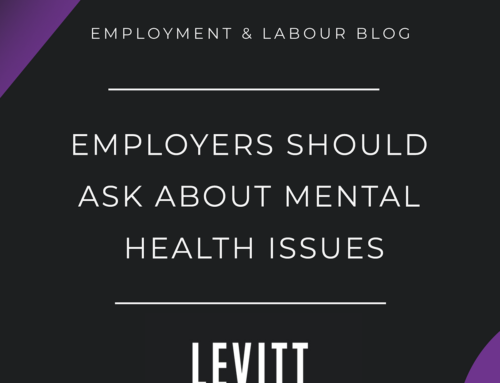Vindication can be a powerful drive for terminated employees who receive a settlement. And it can be psychologically satisfying to share that win with their closest confidantes, the same individuals with whom they have been remonstrating about their plight.
But doing so is a mistake. You should never speak about your settlement with anyone because such agreements almost invariably have confidentiality or non-disclosure clauses that prevent discussing any of its terms and sometimes, even that there was a settlement. Aside from informing your legal or financial advisers or spouse, if you disclose this to any other outside persons, you might be forced to repay the entire amount.
This is exactly what happened in an arbitration decision between The Globe and Mail and author and journalist, Jan Wong. It was a specific provision of the agreement that Wong could not disclose the terms of her settlement and that, if she did, she would be required to pay back the settlement of two years salary.
Years after, Wong published Out of the Blue, a book about her experience with workplace depression. In the book, Wong made disparaging comments such as, “I’d just been paid a pile of money to go away” and “I can’t disclose the amount of money I received.”
She argued that she didn’t disclose the terms because she understood she could speak about the terms of the settlement as long as she did not reveal the actual amounts paid. The arbitrator ruled, based on the agreement’s wording, that simply disposing that she had received a payment was enough. She was ordered to repay the lump sum. And the court upheld that.
A similar situation occurred in a 2012 Human Rights Tribunal of Ontario decision except, in that case, the breach occurred before the payment of the settlement was made.
Trish-Ann Tremblay posted status updates on her Facebook account during and immediately following a seemingly successful mediation. Her posts read: “well court is done didn’t get what I wanted but I still walked away with some” and “my mother always said something is better than nothing…”
Realizing this, Tremblay’s employer refused to pay the settlement on the grounds Tremblay had breached the mediation’s confidentiality clause. When Tremblay attempted to collect, it was decided that she had breached the minutes of the settlement as her posts made clear money was paid out to her. In the end, the HRTO ordered Tremblay’s employer to pay out the settlement, but reduced it by $1,000 due to her breach of the agreement.
A settlement doesn’t end once you sign on the dotted line. The terms could last years, decades, even the employee’s lifetime. Non-disclosure and confidentiality clauses should not be taken lightly. As an employee, it is important to understand the terms you are agreeing to in exchange for a settlement. Some terms could be onerous.
For an employer, a non-disclosure clause can be crucial. If other employees learn you just paid off their colleague, the door you swore you had just nailed shut, will later be revolving.
However, where a settlement is minimal, I often dissuade employer clients from inserting confidentiality clauses. In such cases, employers want the improvident terms the employee settled for to circulate to discourage litigation. And if the settlement is paltry but there is a confidentiality clause, your problems could boomerang as the employee whispers to former colleagues that, much as she would love to extol the amount she received, it was so much that the employer bound her to confidentiality. And if there is a confidentiality clause, there is little the employer can say in response to quell that rumour.

